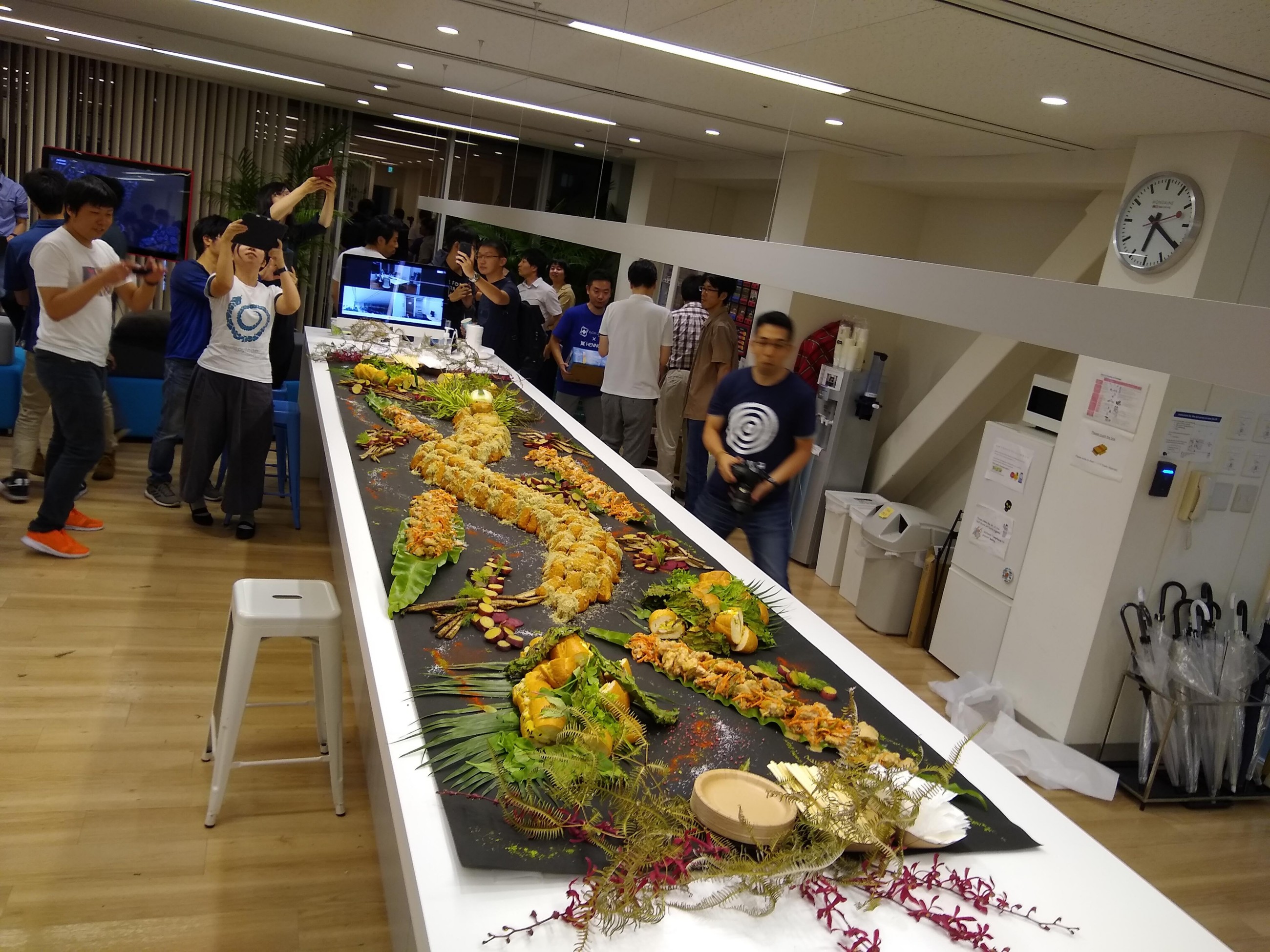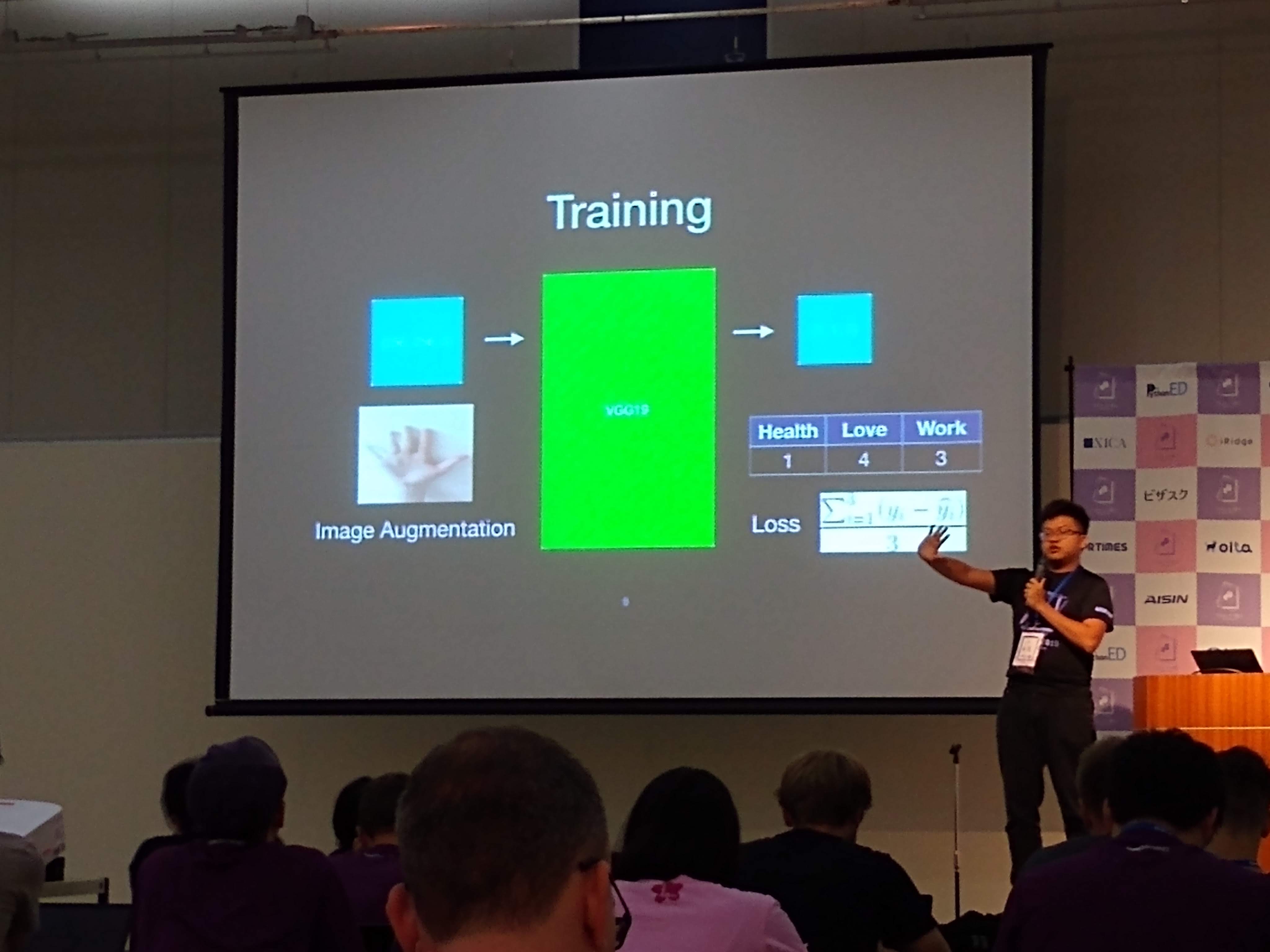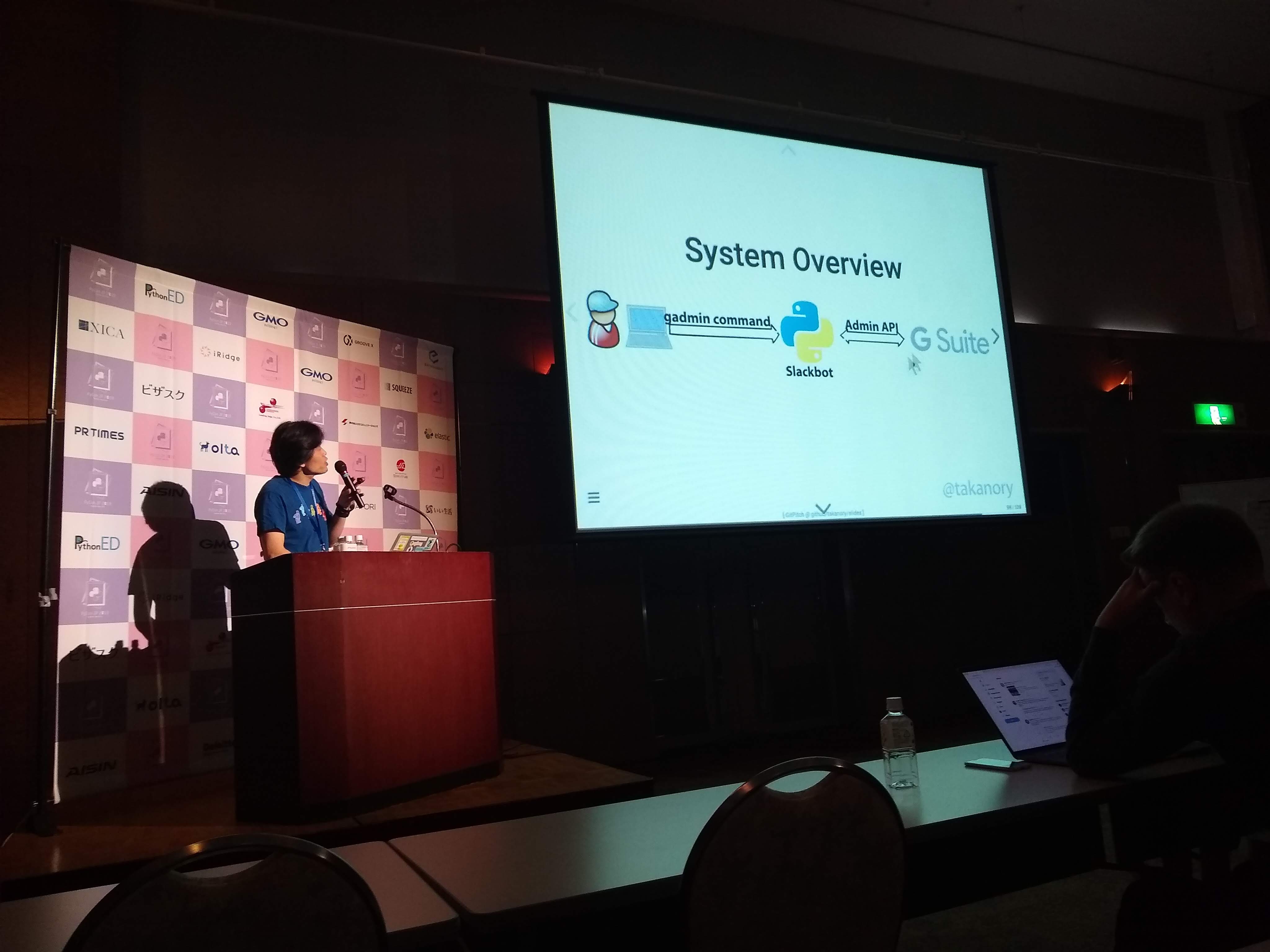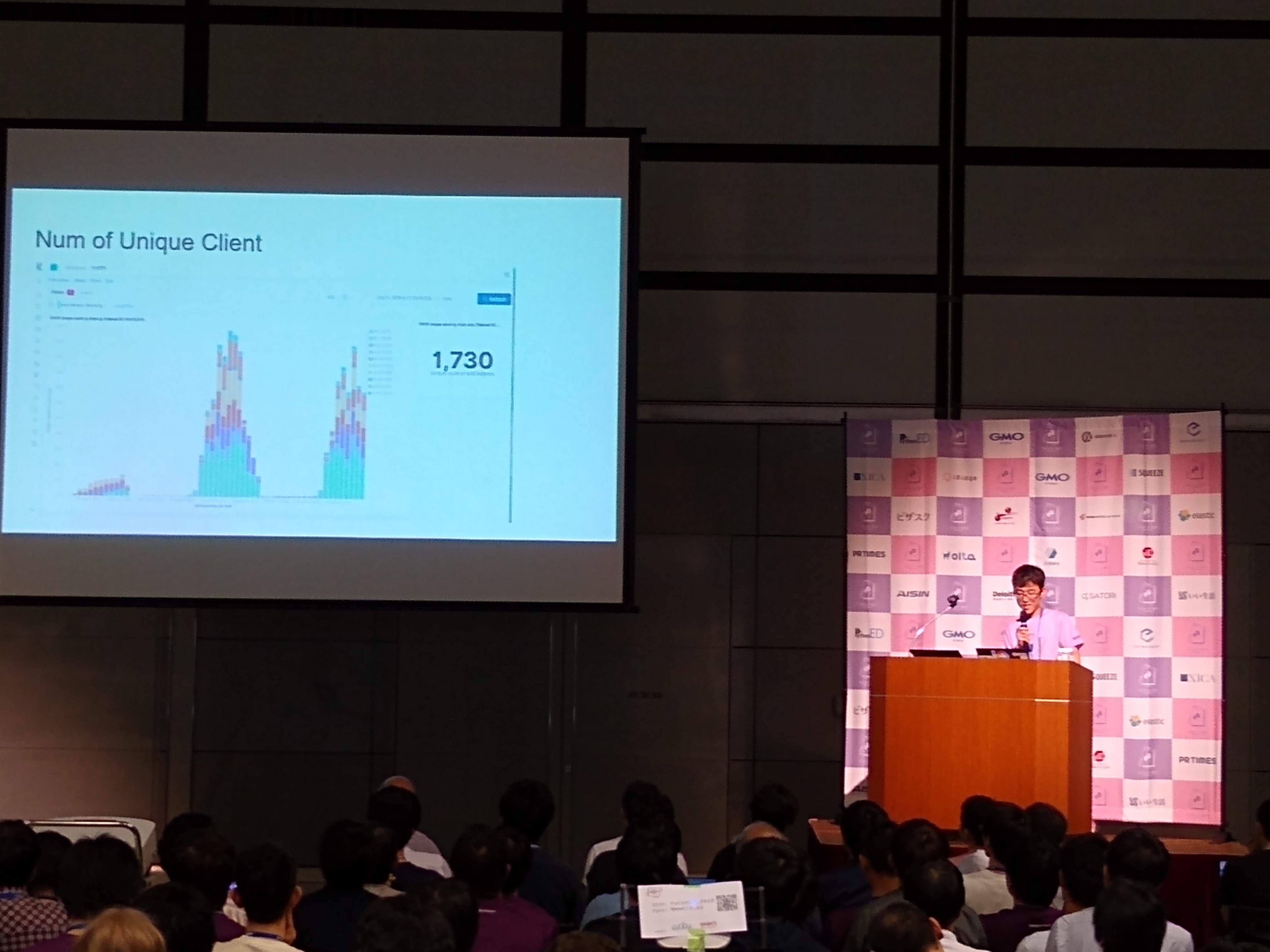Coming to Japan for a technology conference has always been my dream since university. A lot of experience and learnings from cultural and technical aspects came from this. In this article, I will try to summarize my take aways as a developer and fan of the Japanese culture.
Development sprints
My experience started with the development sprints held at the center of Shibuya, one of the iconic areas inside Tokyo. As my first sprint, expectations were high and I couldn’t even gasper how will they be. There were a lot of proposed projects like:
- Making c wrappers for python
- Code for Django girls
- Coding the NVIDIA jetbot (is Japan, of course, there were robots!)
- Introspective async io async await
For the full list of open-source projects, check this link (sorry, is in Japanese).
Even though I consider myself to have a decent level of Japanese (let’s say I am able to have casual conversations) this wasn’t enough for me to get too confident of getting into a Japanese only project.
Therefore I joined the introspective async io async await project called awaitwhat. The main goal of the project was to get better tracebacks for asynchronous implementations. It was really funny to join this project and I was able to code with people from Taiwan, Japan and Finland.
PyCon JP 2019 Sprint day. 各テーブルで熱い議論がかわされています。#pyconjp #PyConJP pic.twitter.com/piwxtt7FQm
— PyCon JP (@PyConJ) September 14, 2019
I was surprised that Taiwanese people are very open and friendly. Their event is part of the PyCon Asia tour and it is held with only a few weeks of difference from PyCon Japan. From this moment of my experience, I started feeling the cultural shock with Japan. Doing networking here is very challenging! Especially if you approach them in Japanese. The best advice I received from a Japanese roommate was:
“Don’t use Japanese. Even if you can speak it, don’t use it. It will be more difficult for you to talk to them because of the Keigo (honorific speech in Japanese). Just use English. Is easier”.
If you don’t speak Japanese don’t be discouraged to come. In my perspective, Japanese people are harder to approach but once you overcome that barrier , they will make the best to have a good conversation with foreigners. Be prepared to use Google translator or any other Japanese-English dictionary application.
The PyCon Sprint event ended with a huge python made of food. They did their best to take the shape of the animal. Hope you can see it from the picture.

First days of the conference
For the talks, I chose a combination of web-based talks and data science. I think that’s the best that python can give to you, a wide range of topics where you can explore and grow your knowledge of what others are doing with the language.

The guys from Python Japan are doing a great work automating many of their tasks with the Slackbot, JIRA and G Suite API.
It is interesting to see how with only a few lines of code you can focus on the non-repetitive, analytical tasks when organizing an event. Interesting to notice how he managed his presentation focused on the motivations for doing the integrations. Most of the time we just jump aboard on a new technology or project without having a clear motivation behind.

For me, one of the best talks was the Pitch Detection Algorithm. I think the speaker manage the audience and his topic so well that anyone with no knowledge on the subject could understand what he was doing and its purpose. First time I hear of Fourier transforms outside the university!
Speech recognition algorithm #pyconjp #tokyo #python #DataScience pic.twitter.com/8Wr0y62CG2
— Javier Daza (@javidazac) October 5, 2019
I think what captured my attention is that there was a huge space for showing projects with posters, where you had the chance to interact with the speaker and discuss relevant topics of their presentation.
I have already been in PyCon Argentina and PyCon Colombia, and for me, this is a good opportunity for people who didn’t have the chance to qualify as speakers.

One thing that I found really cool while listening to the lightning talks was that the networking team of the conference made a report of how they managed to provide internet for 1000 people on the 2 days of conferences starting from day 0.
If you ask me, this only shows the level of commitment everyone has in Japan, that even the network team has their own poster, heatmap and presentation of their network infrastructure. Well done Japan!

Here are the links for the PyCon Japan youtube channel and presentation materials. Hope you find them useful!
Wrapping up
Overall, PyCon Japan was a really good experience to live from the participant’s point of view. If you don’t speak Japanese is quite challenging even though the conference team managed to somehow gather a balanced amount of English-Japanese talks. If you plan to come, my recommendation is to try to schedule also for PyCon Taiwan as well, because is very close and hey! Is a long journey for just staying a couple of days.
One more thing that you should know is that at the end of the event, even the assistants helped with the cleaning of the main room. This is very common to see in Japanese culture where students help with the cleaning of their own classrooms or cleaning the place of a sports match. At that moment I didn’t had time to take a picture because I was busy helping 😛
ではまた今度
